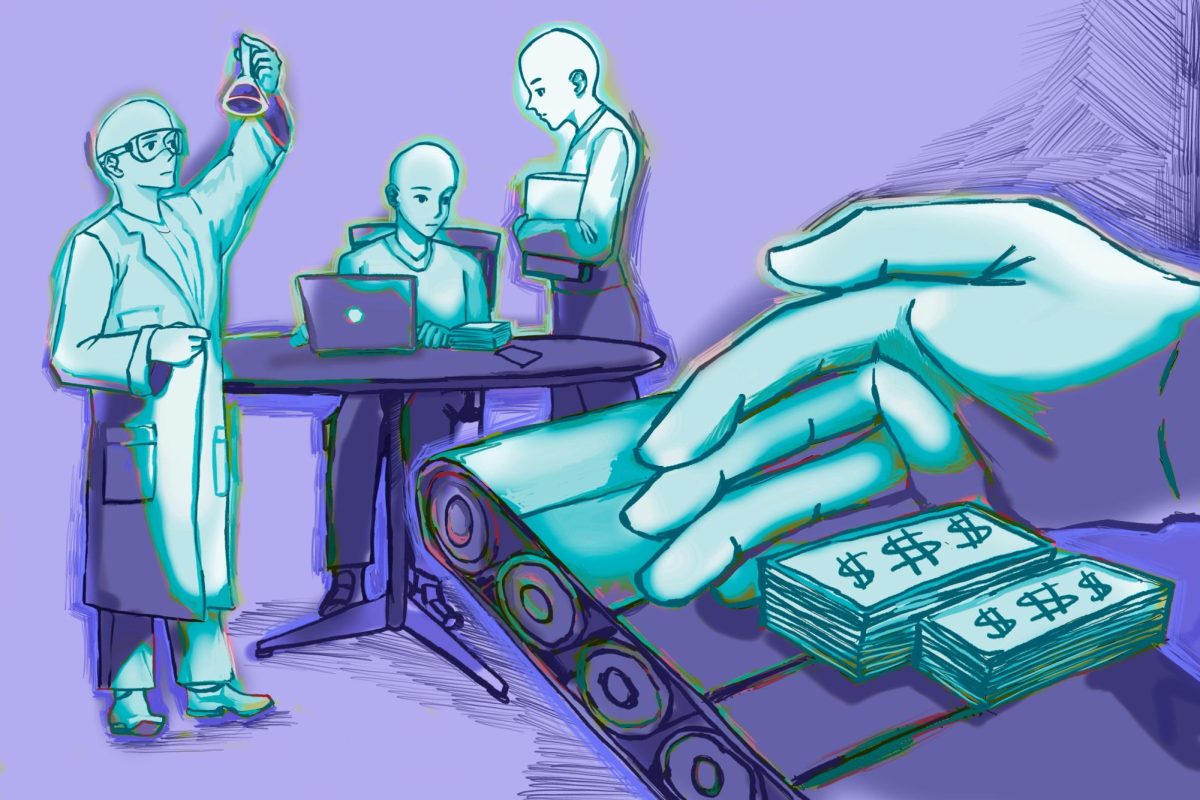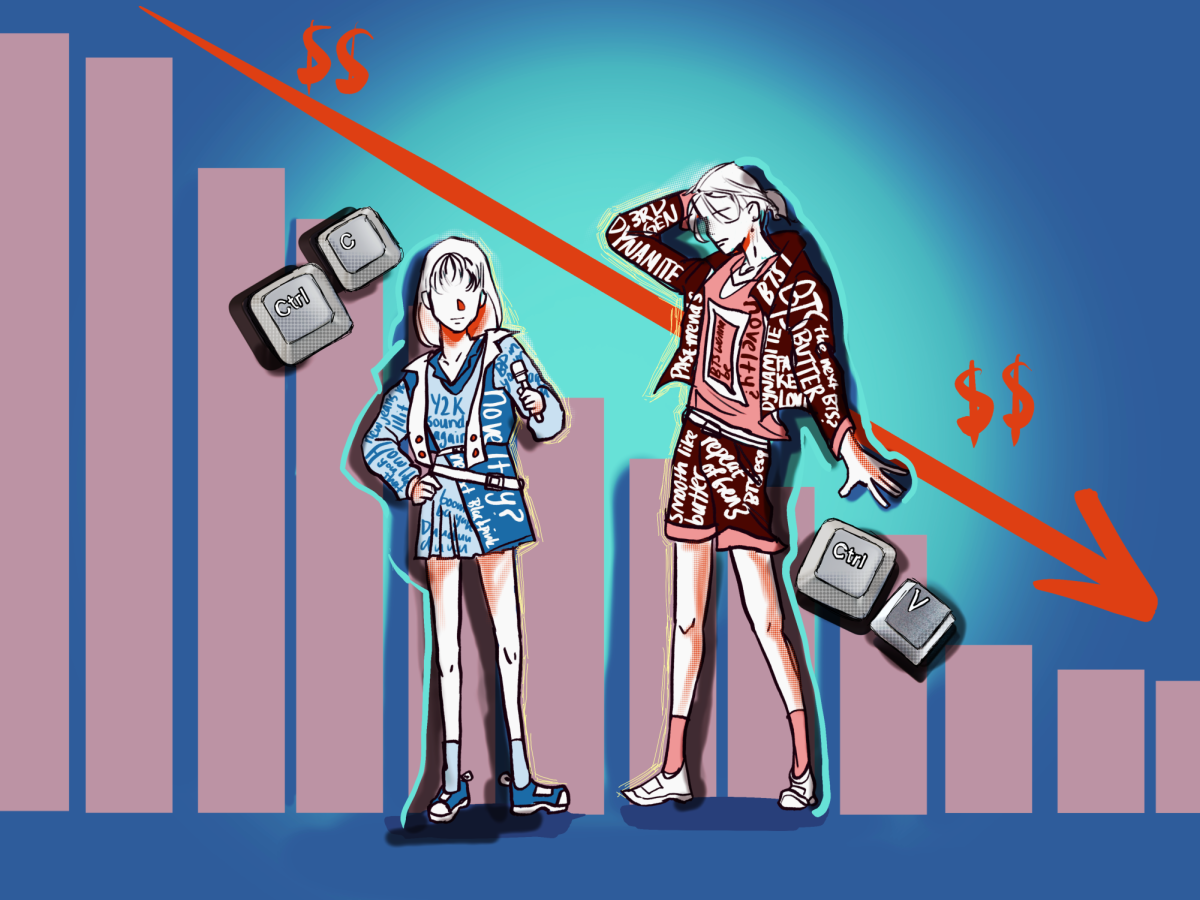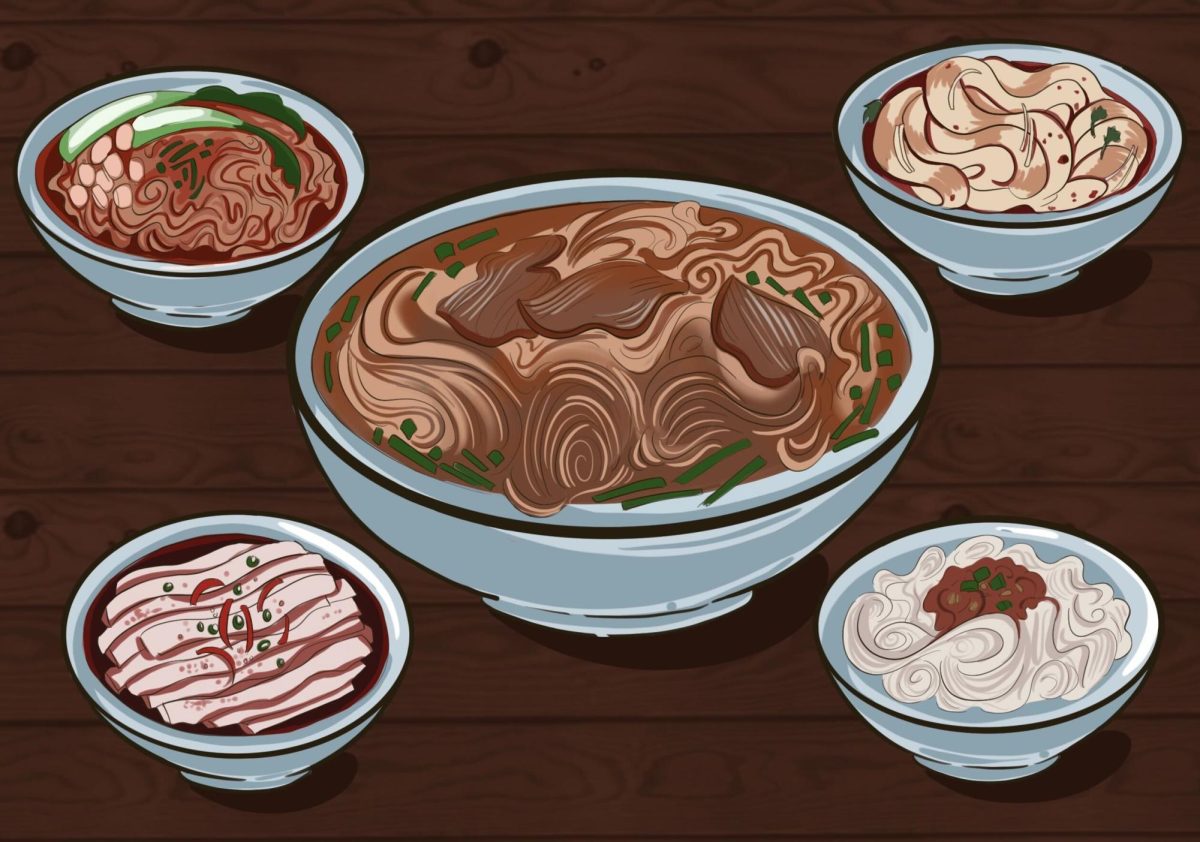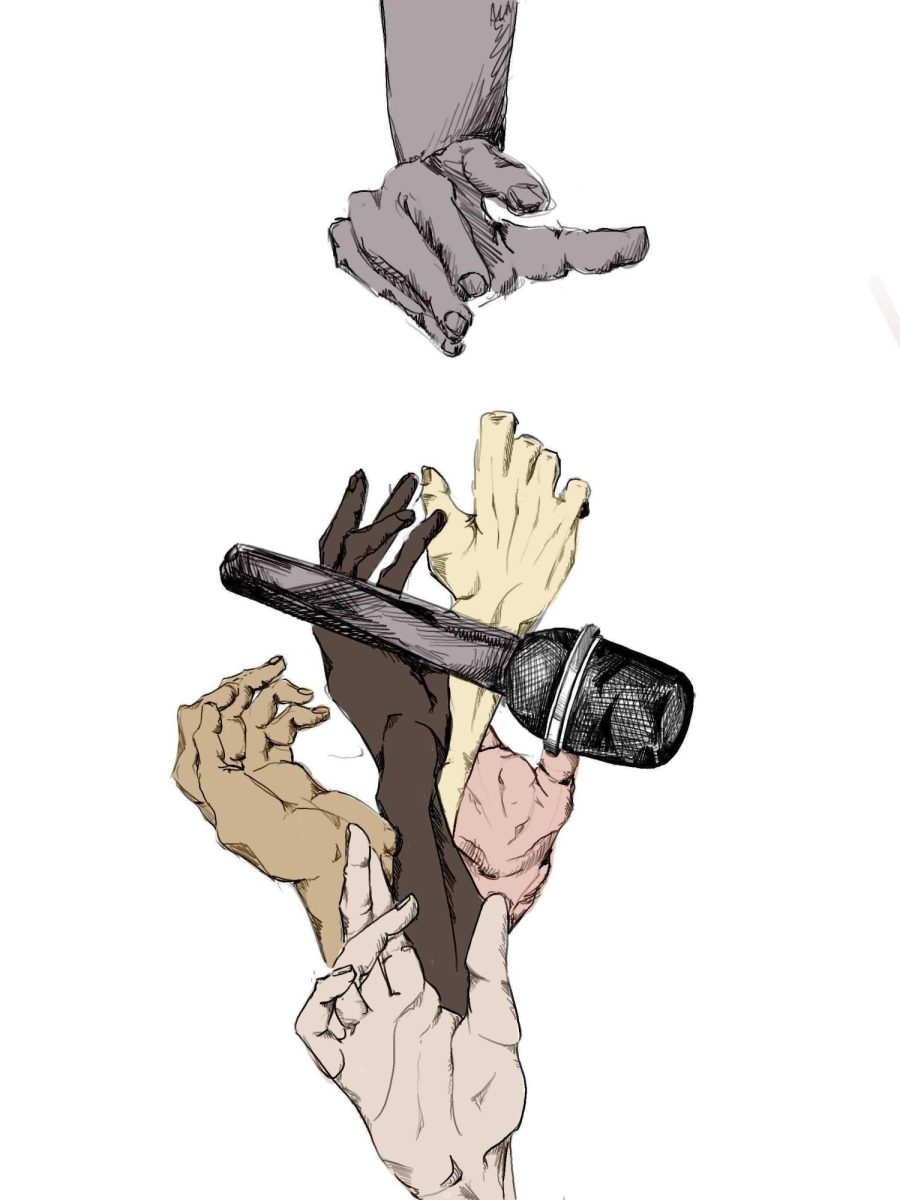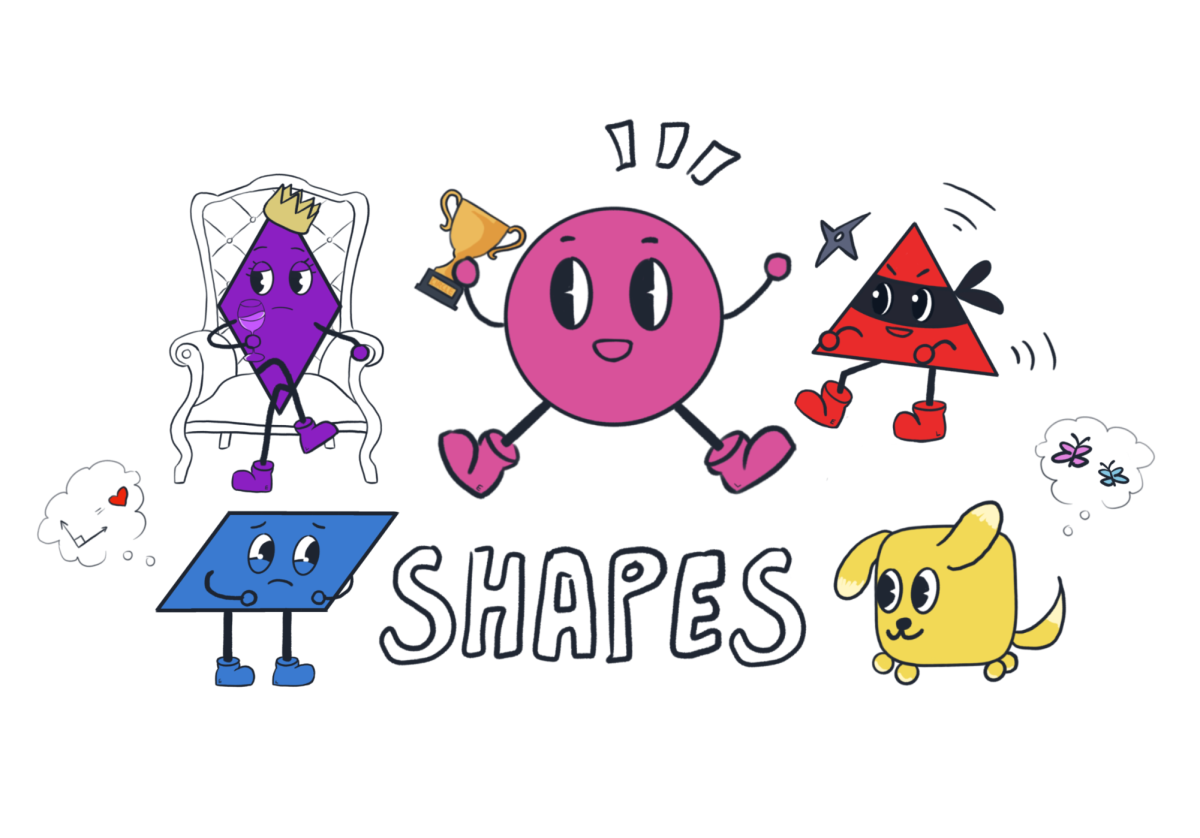Life sometimes means doing something I do not want to do. Life is about responsibility, doing what I should realistically do. And when what I do doesn’t make me happy, I show a stubborn forbearance in the face of adversity: I try to deal with it until I cross the finish line and somehow be happy in the end. It’s a dumb way of thinking.
Unfortunately, these ideas are imprinted in my mind, ingrained in my logic. Often times, I follow them without question, not registering that I am miserable because I have chosen to suffer. And when I am able to endure until the end, what I get isn’t necessarily happiness.
I withstood nine years of Chinese school. Every Friday night I went in, sat sleepily while the teacher rambled on, and went home. The following Saturday was predominantly a day full of tedious homework. It wasn’t something I looked forward to after a week of regular school.
After I finished my final class, I had passed the gauntlet. But when I walked out of those classroom doors, the only thing I felt was relief—not satisfaction.
Instead, I was left with a sense of disappointment at how I spent my time. I could have done something more worthwhile, started a new hobby, or hung out with my friends.
I wondered why I didn’t quit earlier on.
The problem was that I had internalized a sense that quitting would bring disappointment from the world. I felt like I would let myself, my parents, my peers, my teachers, maybe even society down, and so I continued until I was done.
My obstinacy kept me going through it all, until I could somehow realize a nominal end.
At a certain point this year though, I exceeded my threshold: too many APs, too many activities.
Life is probably dysfunctional when you have to buy a planner to organize the gazillion things that need to be done, but after writing everything down, you can’t stand opening the planner to check anymore. The list can be monstrous.
I finally reached a point where what I thought was enough was, in reality, too much. It was just too much. At that point, forbearance became a worthless practice.
I sought help because I needed something to change. I was fortunate. My teachers and school were understanding enough about my situation, and helped me ameliorate it.
My workload was temporarily cut and my class list was reordered. Luckily, my teachers also curved the scores on the recent tests for their respective classes as a whole, boosting my grade. For the moment, I managed to reach an equilibrium.
I realized that my parents and my teachers wouldn’t be disappointed at me for letting up on things that were causing me suffering. They don’t want me to drown in misery, and I am glad for this fact.
The greatest obstacle was getting over my personal expectations to bear with the difficulty. After I was able to move past this feeling, I mitigated the burden of my situation.
I have often wondered how people can quit their jobs and face economic uncertainty, but now I understand a bit better from where they come. At a certain point, the way I pursue happiness might bring me more detriment than the happiness is worth. The price of that happiness becomes unjustified, and something will need to change. I need to find a new path.
“A foolish consistency is the hobgoblin of little minds,” Ralph Waldo Emerson wrote in his essay “Self-Reliance.”
I agree, a “foolish consistency” is a stupid way to live. It’s okay to do something different than what you are doing so you can thrive.


















![“[Building nerf blasters] became this outlet of creativity for me that hasn't been matched by anything else. The process [of] making a build complete to your desire is such a painstakingly difficult process, but I've had to learn from [the skills needed from] soldering to proper painting. There's so many different options for everything, if you think about it, it exists. The best part is [that] if it doesn't exist, you can build it yourself," Ishaan Parate said.](https://harkeraquila.com/wp-content/uploads/2022/08/DSC_8149-900x604.jpg)




![“When I came into high school, I was ready to be a follower. But DECA was a game changer for me. It helped me overcome my fear of public speaking, and it's played such a major role in who I've become today. To be able to successfully lead a chapter of 150 students, an officer team and be one of the upperclassmen I once really admired is something I'm [really] proud of,” Anvitha Tummala ('21) said.](https://harkeraquila.com/wp-content/uploads/2021/07/Screen-Shot-2021-07-25-at-9.50.05-AM-900x594.png)







![“I think getting up in the morning and having a sense of purpose [is exciting]. I think without a certain amount of drive, life is kind of obsolete and mundane, and I think having that every single day is what makes each day unique and kind of makes life exciting,” Neymika Jain (12) said.](https://harkeraquila.com/wp-content/uploads/2017/06/Screen-Shot-2017-06-03-at-4.54.16-PM.png)








![“My slogan is ‘slow feet, don’t eat, and I’m hungry.’ You need to run fast to get where you are–you aren't going to get those championships if you aren't fast,” Angel Cervantes (12) said. “I want to do well in school on my tests and in track and win championships for my team. I live by that, [and] I can do that anywhere: in the classroom or on the field.”](https://harkeraquila.com/wp-content/uploads/2018/06/DSC5146-900x601.jpg)
![“[Volleyball has] taught me how to fall correctly, and another thing it taught is that you don’t have to be the best at something to be good at it. If you just hit the ball in a smart way, then it still scores points and you’re good at it. You could be a background player and still make a much bigger impact on the team than you would think,” Anya Gert (’20) said.](https://harkeraquila.com/wp-content/uploads/2020/06/AnnaGert_JinTuan_HoHPhotoEdited-600x900.jpeg)

![“I'm not nearly there yet, but [my confidence has] definitely been getting better since I was pretty shy and timid coming into Harker my freshman year. I know that there's a lot of people that are really confident in what they do, and I really admire them. Everyone's so driven and that has really pushed me to kind of try to find my own place in high school and be more confident,” Alyssa Huang (’20) said.](https://harkeraquila.com/wp-content/uploads/2020/06/AlyssaHuang_EmilyChen_HoHPhoto-900x749.jpeg)



